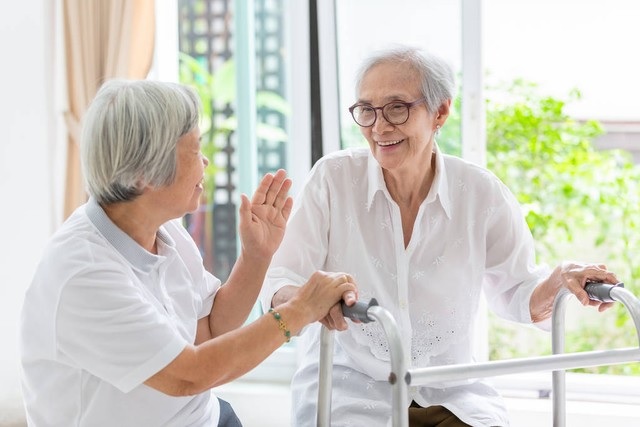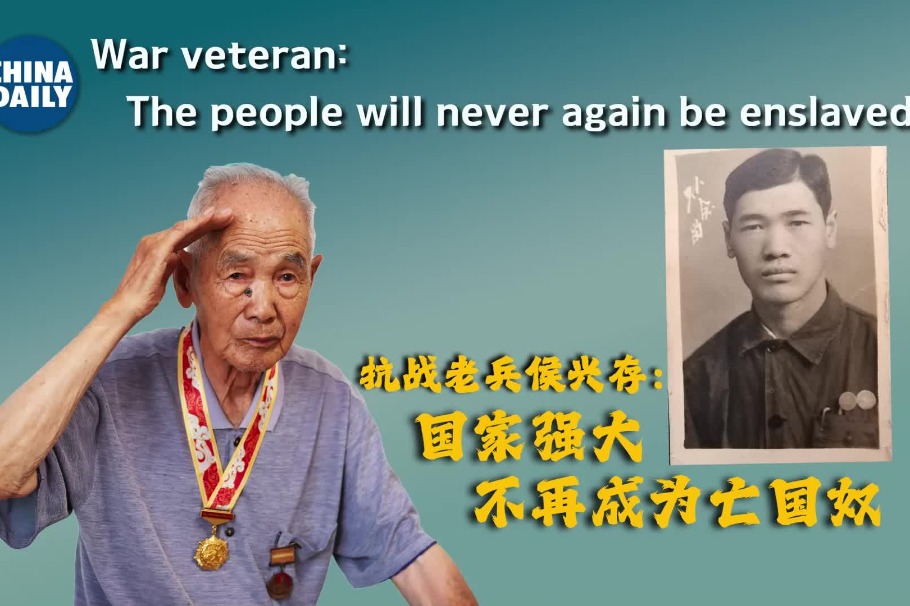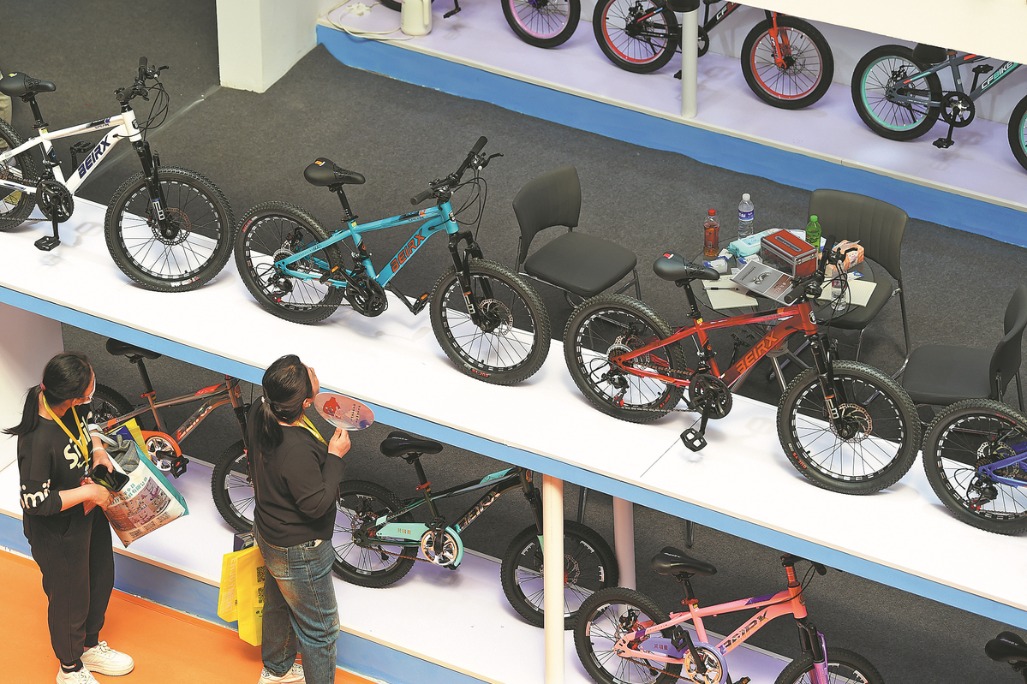New efforts and better services good for eldercare


Our community service center released a notice on its WeChat account recently, informing those above the age of 80 to apply for an emergency call device at home. The device and installation will both be free of cost, and it's up to the aged people to decide if they want to install one at home, the notice said.
Although still "too young" to be eligible for the free service, I welcome the move by the Beijing local authorities to ensure the elderly people receive better old-age care services. I welcome the move also because I can expect a more mature eldercare service if I need a stick or wheelchair to move around in the future.
By the end of 2023, the number of people in China aged 60 or above was 280 million — more than the total population of Indonesia, the world's fourth most populous country. With the aging population increasing by more than 10 million every year, taking good care of the elderly is becoming a challenge for governments at all levels.
The Chinese people still take it for granted that they will spend their old age with their children and grandchildren. But now that families are becoming smaller — averaging 2.62 individuals per family in 2021 — more and more elderly people live alone. And even if people visit their elderly parents regularly, the fact that they are mostly the only child of the family makes it difficult for them to tend to all the needs of their parents, not to mention their grandparents.
In rural areas where couples usually have more than one child, the elderly are happy to live with the family of their children, who, to earn more, generally migrate to cities and towns and visit their parents only during the Spring Festival holidays — an occasion from traditional family reunion.
Shifting to old-age homes can be a choice for the aged, though one has to have a fat wallet to afford a bed or a room in an old-age home, because it could cost up to 10,000 yuan ($1,406.82) per month, far more than the average pension elderly people get. Old-age homes today have more than 8 million beds. But since about 10 percent of the elderly people, according to surveys, prefer to stay in old-age homes, the demand for beds/rooms in such homes is several times higher than supply.
Although the government has expedited the construction of old-age homes to meet the increasing demand, the officials at different levels have realized that it's a mission impossible to provide enough beds for all the elderly people.
Studies conducted in different regions of China show that the best eldercare model is neither the traditional home-stay option nor the old-age home arrangement but rather a mixture of the two. If governance is strengthened and arrangements improved, the elderly people can stay in their familiar homes and be taken care of by eldercare professionals from local community centers and some companies that provide all the eldercare services one can think of.
My community's offer of installing emergency call devices for those advanced in age is part of the local government's efforts to promote the new eldercare model. The model, also called the one-button model, enables an elderly person to get the necessary support any time he/she needs. By pressing a button on the device, one can seek immediate help, from calling an ambulance to getting someone to come and trim your nails, from ordering a meal or medicines to getting someone for a massage or simply to chat.
These are paid services and a senior citizen can purchase them if he/she can afford it. Once established, it will become a major sector employing millions of people, and thus reduce the unemployment rate. In fact, many medical colleges are already enrolling more students in the eldercare service major.
Understandably, the promotion of the new business model requires big investments, huge human resources and wide publicity to make it successful. Difficult as it is, popularizing the new eldercare service model is probably the only practical option for China to address the problem of a rapidly rising aging population.
kangbing@chinadaily.com.cn

The author is former deputy editor-in-chief of China Daily.



































